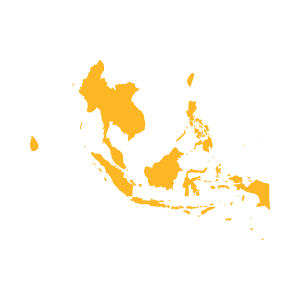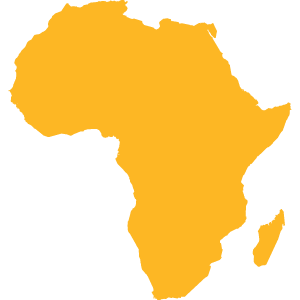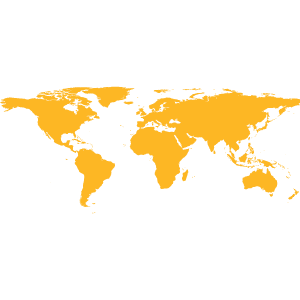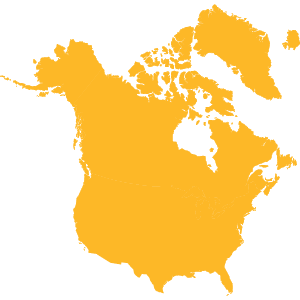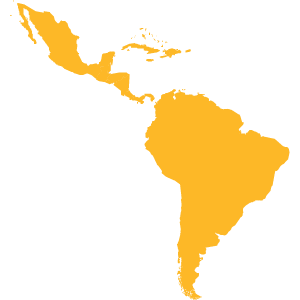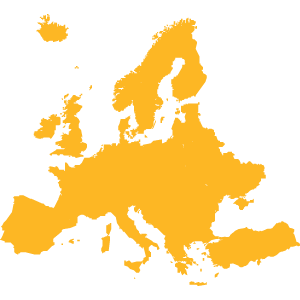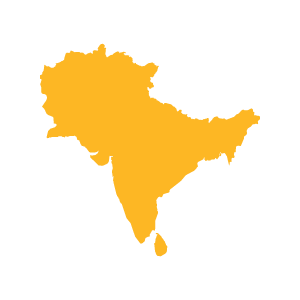Members from around the world carry out evidence-based advocacy to encourage collaboration and innovation that advances transparency, accountability and inclusiveness in decision making at all levels.
Regions
Africa
Latin America and the Caribbean
South Asia
Members
TAI works to tie local struggles to policy reform, helping to spread environmental democracy throughout the world. Partners work on diverse issues, such as: improving freedom of information laws and the proactive and timely release of environmental information, advocating for public participation in policy making, planning and environmental impact assessments, ensuring that those most vulnerable or disenfranchised have the ability to have a seat at the table, and seeking reforms to open and ensure courts and administrative tribunals serve the public in cases of environmental harm or loss of rights.
TAI continues to welcome new members to the network. Learn more about how to join here.
Our Network Structure
Our network is structured into five regions, including Africa, Europe, Latin America and the Caribbean, Southeast Asia, and South Asia. The network is led by a Core Team or Board of six organizations, according to the membership and governance rules. Members from each region elect a representative to the TAI Core Team every four years. Members can be a part of national chapters led by a lead organization in each country or join an international chapter.
Network History
Since TAI began in 1999, more than 150 civil society organizations around the world have become TAI Partners. TAI Assessments and advocacy have engaged governments in more than 45 countries to improve access to information, public participation and access to justice in decisions affecting the environment. Assessments involve engagement, advocacy and capacity building with governments to improve the implementation of these rights in decisions affecting the environment. While policy reform and implementation do not always happen quickly, TAI members have had significant impacts at both the local, national, and international levels.
TAI has kept the network strong through bi-annual Global Gatherings which attract partners from all over the world to share friendship, skills, and knowledge that forms a part of a global agenda on furthering environmental democracy. TAI has grown through building long term partnerships and coalitions at the national level and linking these struggles to regional and international efforts including Rio+20 and efforts to negotiate Sustainable Development Goals. With the 2015 launch of the Environmental Democracy Index, TAI has also expanded to assess laws and practices in new countries from regions all around the world. TAIs new membership rules have also the doors of the network to a wide variety of individuals and partners that are willing to take on the global challenges that the world face in advancing accountability in environmental decision-making.
Members
TAI works to tie local struggles to policy reform, helping to spread environmental democracy throughout the world. Partners work on diverse issues, such as: improving freedom of information laws and the proactive and timely release of environmental information, advocating for public participation in policy making, planning and environmental impact assessments, ensuring that those most vulnerable or disenfranchised have the ability to have a seat at the table, and seeking reforms to open and ensure courts and administrative tribunals serve the public in cases of environmental harm or loss of rights.
TAI continues to welcome new members to the network. Learn more about how to join here.
Our Network Structure
Our network is structured into five regions, including Africa, Europe, Latin America and the Caribbean, Southeast Asia, and South Asia. The network is led by a Core Team or Board of six organizations, according to the membership and governance rules. Members from each region elect a representative to the TAI Core Team every four years. Members can be a part of national chapters led by a lead organization in each country or join an international chapter.
Network History
Since TAI began in 1999, more than 150 civil society organizations around the world have become TAI Partners. TAI Assessments and advocacy have engaged governments in more than 45 countries to improve access to information, public participation and access to justice in decisions affecting the environment. Assessments involve engagement, advocacy and capacity building with governments to improve the implementation of these rights in decisions affecting the environment. While policy reform and implementation do not always happen quickly, TAI members have had significant impacts at both the local, national, and international levels.
TAI has kept the network strong through bi-annual Global Gatherings which attract partners from all over the world to share friendship, skills, and knowledge that forms a part of a global agenda on furthering environmental democracy. TAI has grown through building long term partnerships and coalitions at the national level and linking these struggles to regional and international efforts including Rio+20 and efforts to negotiate Sustainable Development Goals. With the 2015 launch of the Environmental Democracy Index, TAI has also expanded to assess laws and practices in new countries from regions all around the world. TAIs new membership rules have also the doors of the network to a wide variety of individuals and partners that are willing to take on the global challenges that the world face in advancing accountability in environmental decision-making.
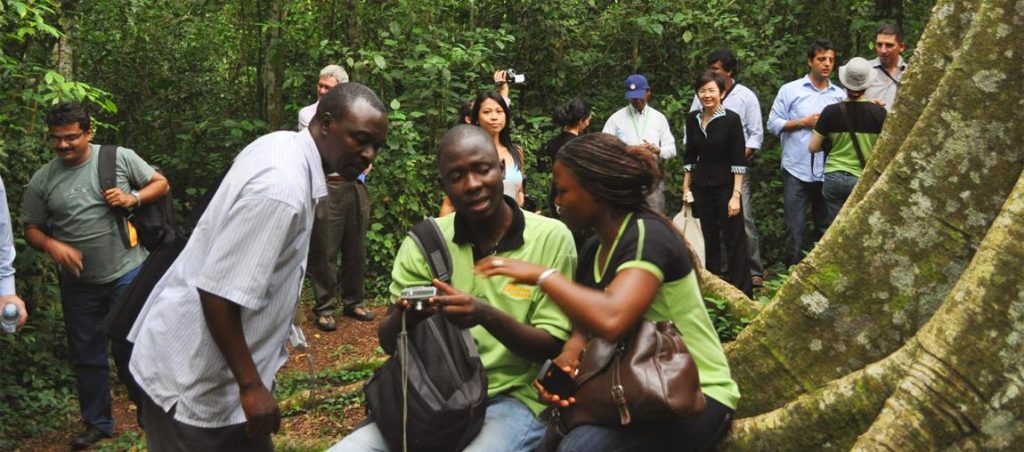
Participants at the Access Initiative 2009 Global Gathering in Uganda

Participants at the Access Initiative 2009 Global Gathering in Uganda
